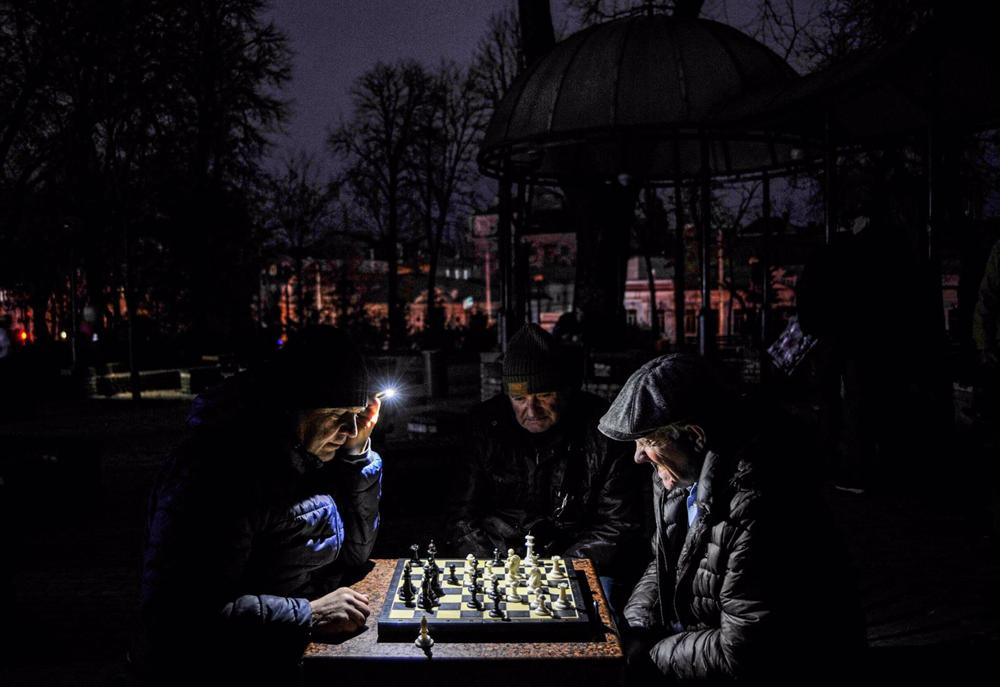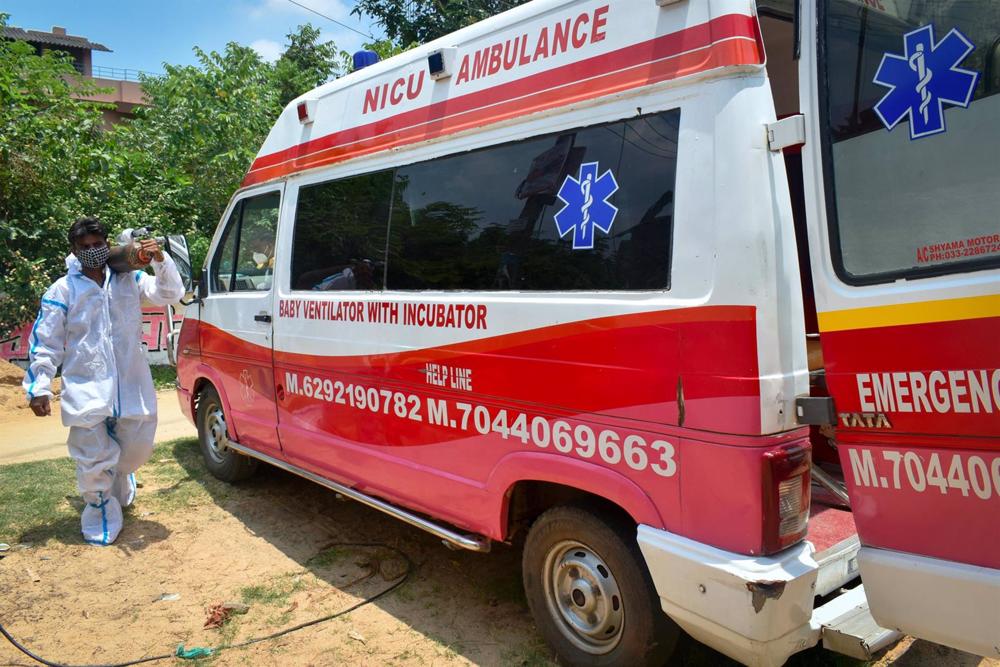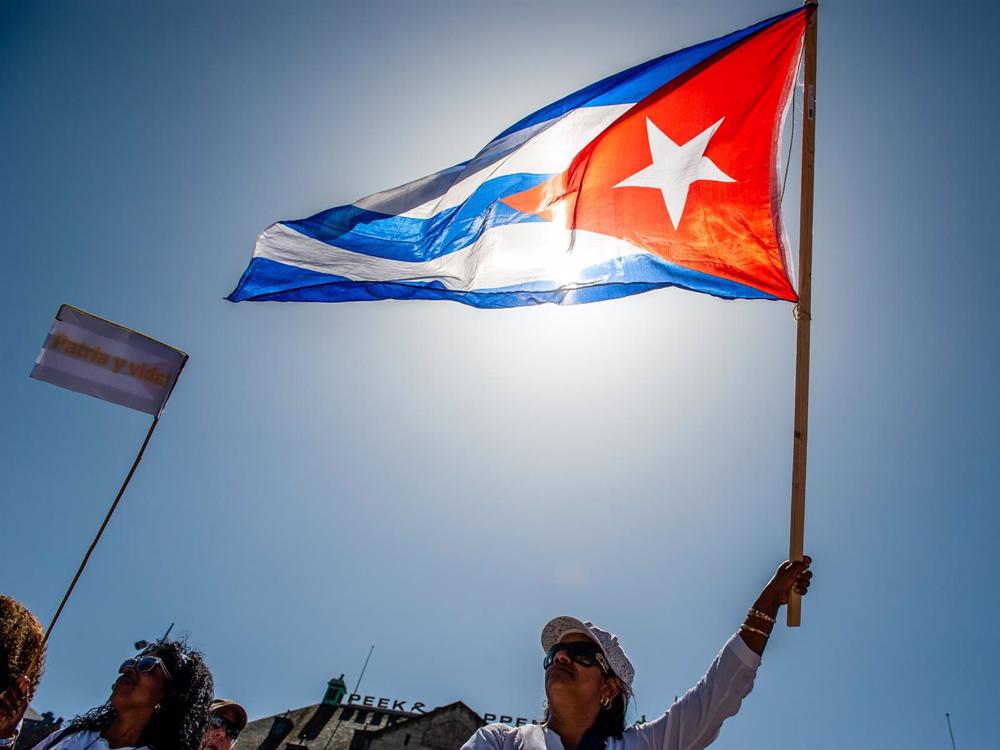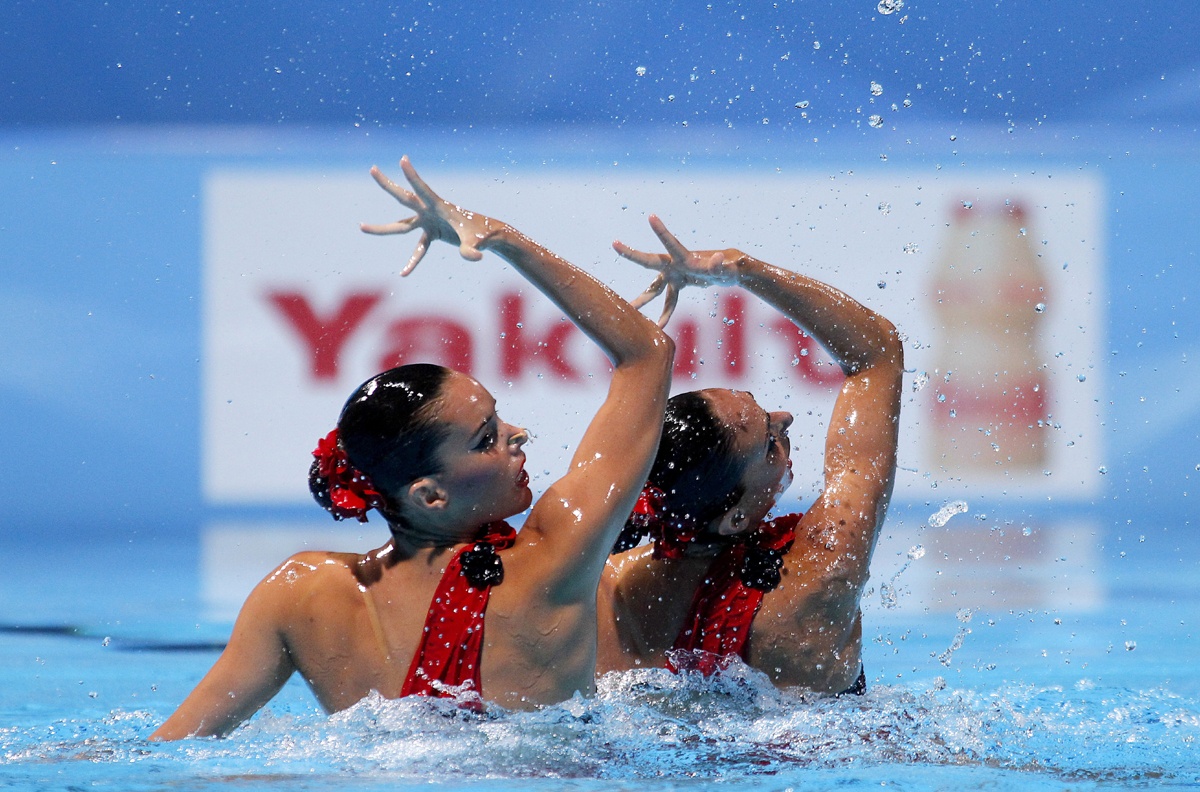
NATO members pledged Tuesday to continue to support Ukraine in dealing with Russian military aggression, including help to repair its energy infrastructure in the face of Russia’s «brutal» wave of missile and drone attacks on the power grid.
During a meeting of allied foreign ministers in Bucharest, Romania, NATO Secretary General Jens Stoltenberg said that in the face of Russian President Vladimir Putin’s intentions to «black out» Ukraine and use winter as a «weapon of war,» the 30 allies have signaled their willingness to sustain support for Kiev, including dealing with the consequences of «deliberate» attacks on the energy grid.
«We have to support Ukraine in repairing and replacing the energy infrastructure, but also in defending against missiles. That is the best way to defend Ukrainians from these attacks and ensure that Putin does not succeed in his attempt to use winter as a weapon,» he has assured.
The wave of Russian attacks against civilian attacks reflects that Russia is failing on the battlefield, the Norwegian prime minister reflected, claiming that Putin is attacking infrastructure in response to the successes of the Ukrainian army that has liberated «a lot of territory».
On military support, Stoltenberg explained that negotiations are underway to provide new anti-aircraft systems, a debate that has become even more relevant because of the incident in Poland involving a Ukrainian missile that hit allied territory, killing two people. For Stoltenberg it is not a question of giving new systems to Kiev, such as the Patriot batteries that so far the allies have not deployed in Ukraine, but of ensuring that the existing ones have enough ammunition and components to be operational.
In a communiqué following the meeting, which was attended by Sweden and Finland as guests while their accession is being processed, the allies pledged to «continue and intensify» political and practical support to Ukraine as it continues to defend its sovereignty and territorial integrity against Russian aggression and to maintain support «for as long as necessary.»
«Allies will help Ukraine repair its energy infrastructure and protect its population from missile attacks. We also remain determined to support Ukraine’s long-term efforts on its path of post-war reconstruction and reforms, so that Ukraine can secure its free and democratic future, modernize its Defense sector, strengthen long-term interoperability and deter future aggression,» the text has stated.
REAFFIRMING THE OPEN DOOR TO UKRAINE The Bucharest meeting comes 14 years after the summit of allied leaders that in 2008 recognized Ukraine and Georgia as candidates to join the alliance, a commitment that the 30 NATO members have indicated remains in force «We reaffirm the decisions we took at the 2008 Bucharest Summit and all subsequent decisions with respect to Georgia and Ukraine,» read the conclusions of the meeting. At a press conference, Stoltenberg insisted on NATO’s «open door» policy, although he insisted that the «main focus» at the moment is to send urgent support to Kiev to defend itself against the Russian invasion.
NATO’s political chief stressed the intention to further enhance the relationship with Ukraine and said that practical and political support «go hand in hand». «By giving more practical support we have more contact with Ukraine and help it to move from Soviet military standards to NATO standards,» he summed up, about Ukraine’s aspirations to join the military organization.






